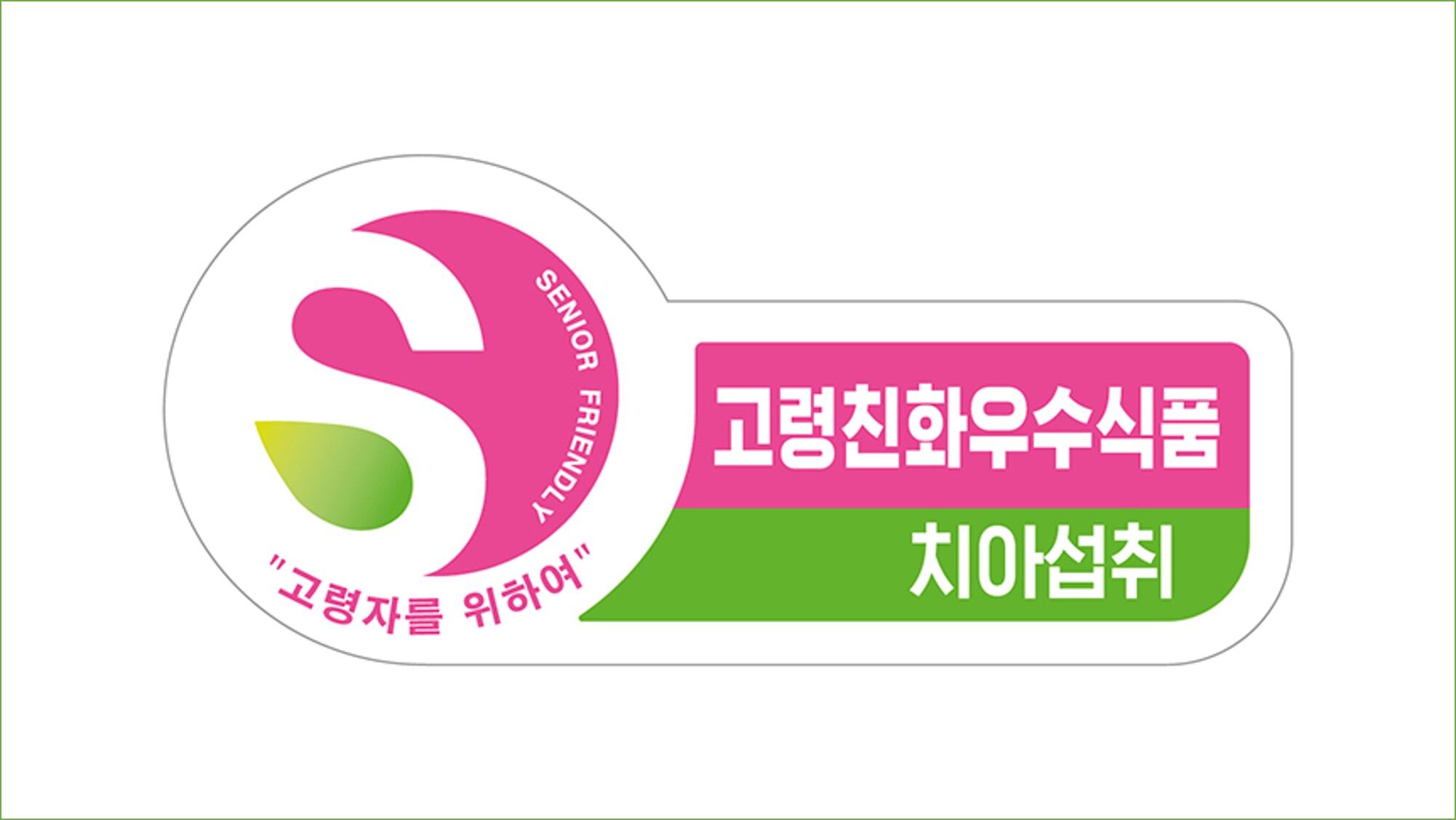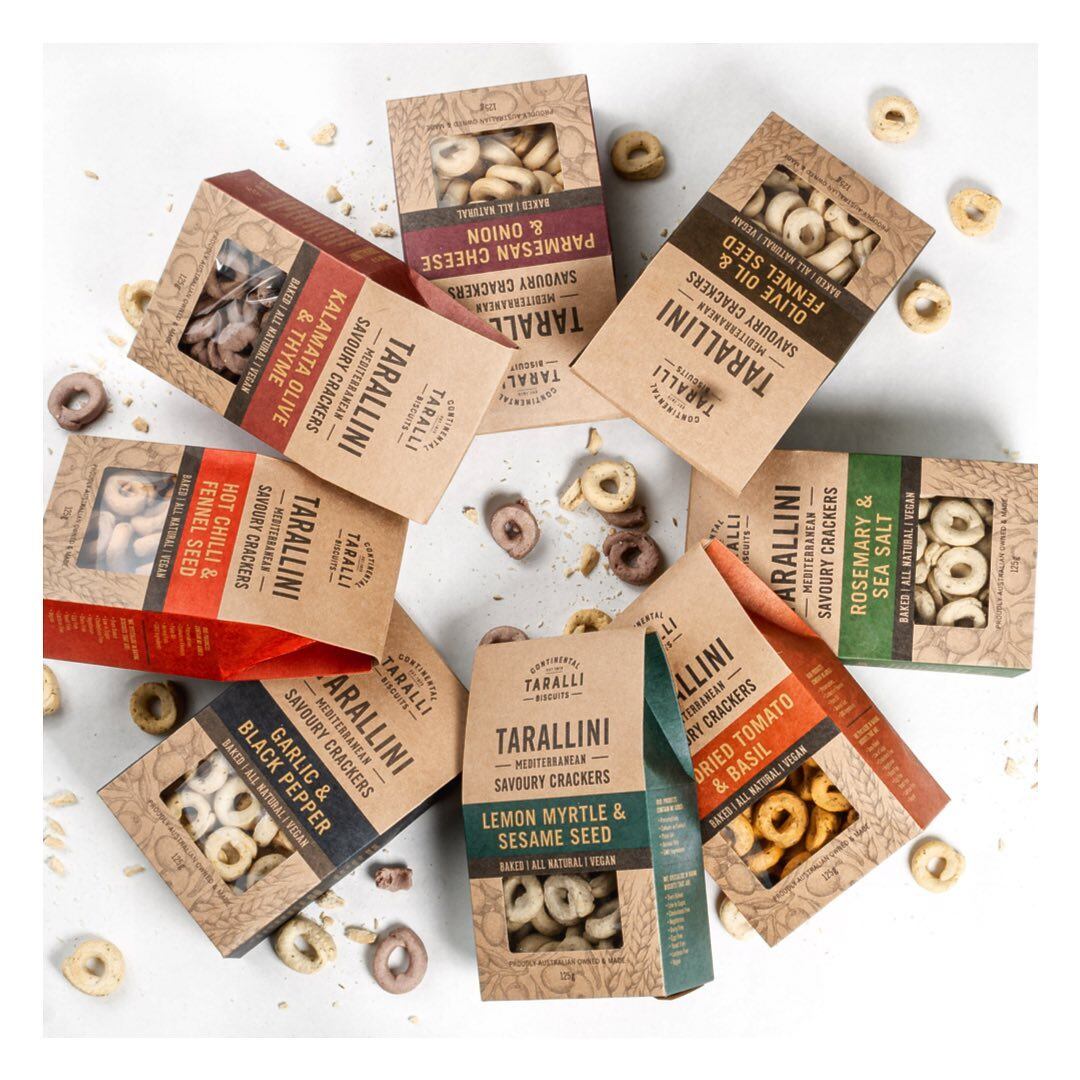South Korea has been attempting to give structure to the local elderly-friendly foods category since it was created in 2018 by amending the local Food Code, going as far as to lay out specific governance for the category.
Previously, there was no certification scheme for foods to be part of this category, rather foods that were manufactured with physical properties and ingredient ratios deemed suitable for the elderly could be called elderly-friendly.
The new S mark certification scheme falls under the purview of the Ministry of Agriculture, Food and Rural Affairs (MAFRA) and the Ministry of Oceans and Fisheries (MOF), and recently completed its first round of reviews, certifying 27 products from eight local food companies as elderly-friendly.
“Previously, the scope of elderly-friendly products was limited to medical supplies for seniors, household equipment, daily necessities and health functional foods [but] not food for general consumption [which] limited our scope and oversight over issues in the industry,” said MAFRA Food Industry Policy Officer Jeong Hyeon-chul.
“As such, the government has amended the necessary regulations and prepared this certification system to identify suitable products and designate these as elderly-friendly based on requirements such as physical properties (hardness and viscosity), nutritional content and functionality.
“Various types of general foods applied and were included in the review, including soft products made with the new ‘saturated steam method’ to make these easy to chew with dentures or just gums; foods fortified with nutrients such as vitamins and calcium; and fortified beverages to help the elderly with swallowing.
“The products that have been successfully certified are designated as excellent foods for the elderly and will be allowed to use the elderly-friendly labels carrying the S mark.”
There are three levels of elderly-friendly food under this certification scheme – suitable for intake with teeth (hardness between 50,000 to 500,000 N/m2), for intake with gums (between 20,000 to 50,000 N/m2) and without chewing/only using tongue (less than 20,000 N/m2 and viscosity below 1,500 milliPascal/second). Each level is allowed to use a different S mark label.
More elderly-friendly foods to come
According to MAFRA data, this first elderly-friendly foods review saw 10 companies and 35 products in total apply for certification, and after this first successful trial, the ministries will be expanding the number of assessments from one to four yearly such that more food firms will have the opportunity to develop elderly-friendly foods and get certified.
Various well-known names have successfully made the cut, such as Shinsegae with its Easy Balance branded beef bulgogi mousse and grilled flounder mousse, Hyundai Green Food with its Softer branded pork and beef stews and hamburg steak, and Pulmuone’s Foodmerce with nine ready-to-eat meals.
“Both ministries expect that this certification will help elderly consumers easily choose foods that are most suitable for them in terms of nutrition, digestion and absorption [and] will be of benefit to both consumers and producers,” said MAFRA.
“More personalised food for the elderly has received much attention as a future food trend, [and] we plan to actively promote and develop this system further to make the most of it.”
The government also launched a specialised Elderly-friendly Industrial Support Centre in March 2021 to work on multiple areas of elderly-friendly food planning, from policy planning to product commercialisation and promotion.




